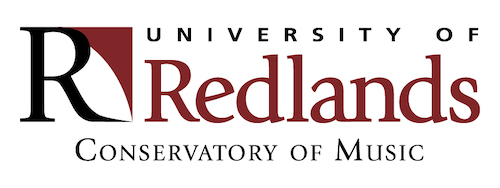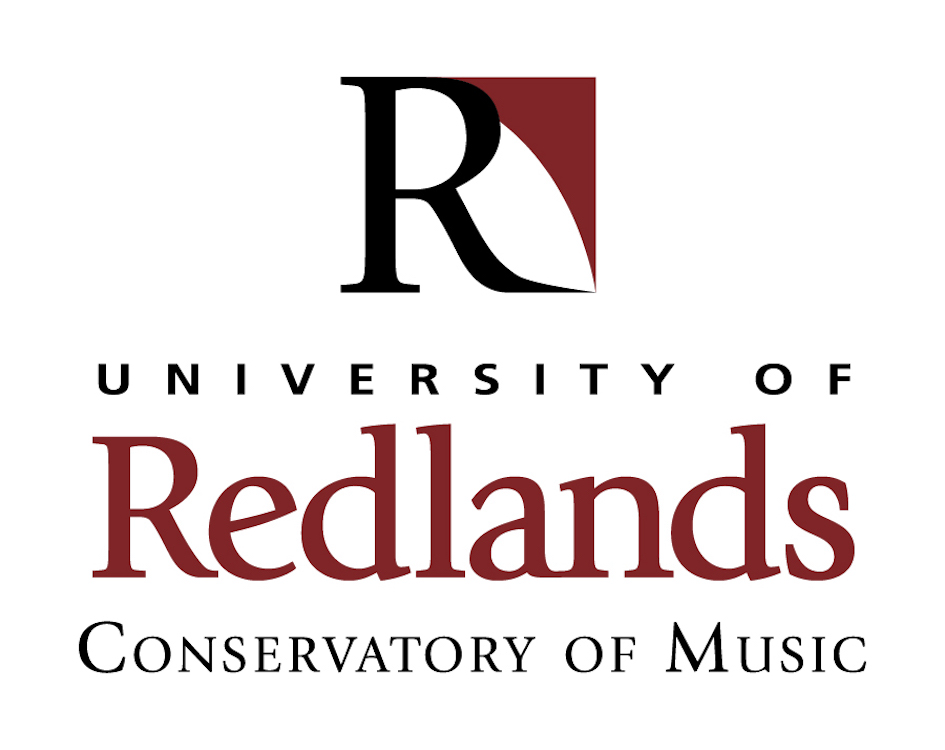The Kodály Center offers training and resources for teachers, conductors, parents, and others interested in the musical development of children. Students from throughout the world come to the Center to develop their musicianship and learn how to apply the philosophy of Zoltán Kodály in choral and classroom settings.
Founded at Holy Names College in 1969 by Sr. Mary Alice Hein, the Kodály Center has received support from the Ford Foundation and the William and Flora Hewlett Foundation. With the closure of Holy Names in May 2023, the Kodály Center was invited to join the University of Redlands Conservatory of Music, with campuses in Southern California and in San Anselmo, in Northern California.
This collection grew out of a 1966 meeting between the prominent Hungarian composer and music educator, Zoltán Kodály and Sr. Mary Alice Hein, a professor of music at Holy Names University (HNU). Kodály’s radically democratic vision – his belief that music, an essential language for knowing oneself and the world, should be the birthright of every human being – impressed Sr. Mary Alice. Soon, she set out to make Holy Names University a center for Kodály education in the United States.
Recognizing the Kodály principle that children become connected to their communities and the wider world by hearing and singing the traditional folk songs of their own culture, Sr. Mary Alice, who was later joined by archivist Eleanor G. (Toni) Locke, began guiding a generation of HNU faculty members and students in seeking and transcribing, from print and recorded sources, the most beautiful and representative songs from the American folk tradition.
In 1984, the Holy Names University Collection of American Folk Songs for Teaching was recognized as a folk song archive by the American Folklife Center of the Library of Congress. The collection provided the basis for the online American Folk Song Collection. To read more about the creation of the online collection, see About the Site.

